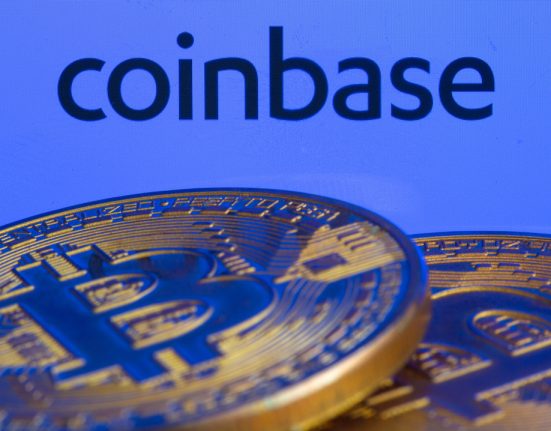The San Francisco-based cryptocurrency platform Anchorage Digital is launching its own settlement network for institutional clients seeking to dive deeper into digital asset trading.
Since the collapse of crypto exchange FTX in late 2022, and the
The Anchorage Digital Trusted Liquidity and Settlement network, better known as Atlas, works to clear the transfer of cryptocurrencies between counterparties from buy-side organizations like asset management firms and hedge funds, to sell-side companies including investment banks and brokerages. Atlas was launched in an early-stage phase this year, but
Atlas was built on top of the “federally-regulated infrastructure” of the firm’s
“Our federal bank charter explicitly permits Anchorage Digital Bank to offer custody and settlement services, giving Atlas participants that participate in settlement using Anchorage Digital Bank the highest levels of regulatory protections,” McCauley said.
Over-the-counter settlements, which are agreements negotiated between two individual parties without going through a centralized clearing house, are one type of deal supported by the Atlas network. Other settlement types include OTC margin and collateral management and off-exchange settlement, as well as crypto to fiat deals.
This framework integrated into Anchorage Digital’s platform will allow users to approve settlements and monitor settlement status within its dashboard, McCauley said.
Since late last year, the firm has been rolling out crypto-oriented products for
Others such as Bank of America’s Merrill Lynch and Wells Fargo’s brokerage division have similarly grown their presence in the digital asset space by offering interested wealth management clients
John Wingate, chief executive and founder of the Dallas-based distributed ledger technology firm BankSocial, has been
But amid a regulatory crackdown on banks’ crypto activities, pioneering institutions like
“In the U.S., banking regulators have encouraged banks to not be involved in the sector and most banks have abandoned any thoughts of offering customers options to buy, sell or hold crypto,” Larry Pruss, managing director of the digital assets and emerging technologies advisory practice at Memphis-based Strategic Resource Management, said in a
Institutional adoption of tools like Atlas and many others in the crypto ecosystem stands to increase as regulators become better informed about the nuances of the industry and draft clear regulations on what is and isn’t permissible.
“We’re able to trade with more counterparties for more size. … Our assets are never commingled and we have complete autonomy over our trading accounts,” Jeffrey Howard, managing director at crypto trading firm Nonco, said in a press release Thursday.







